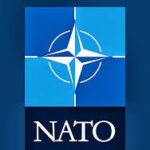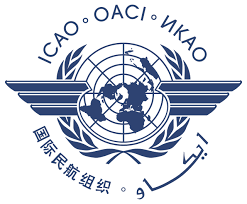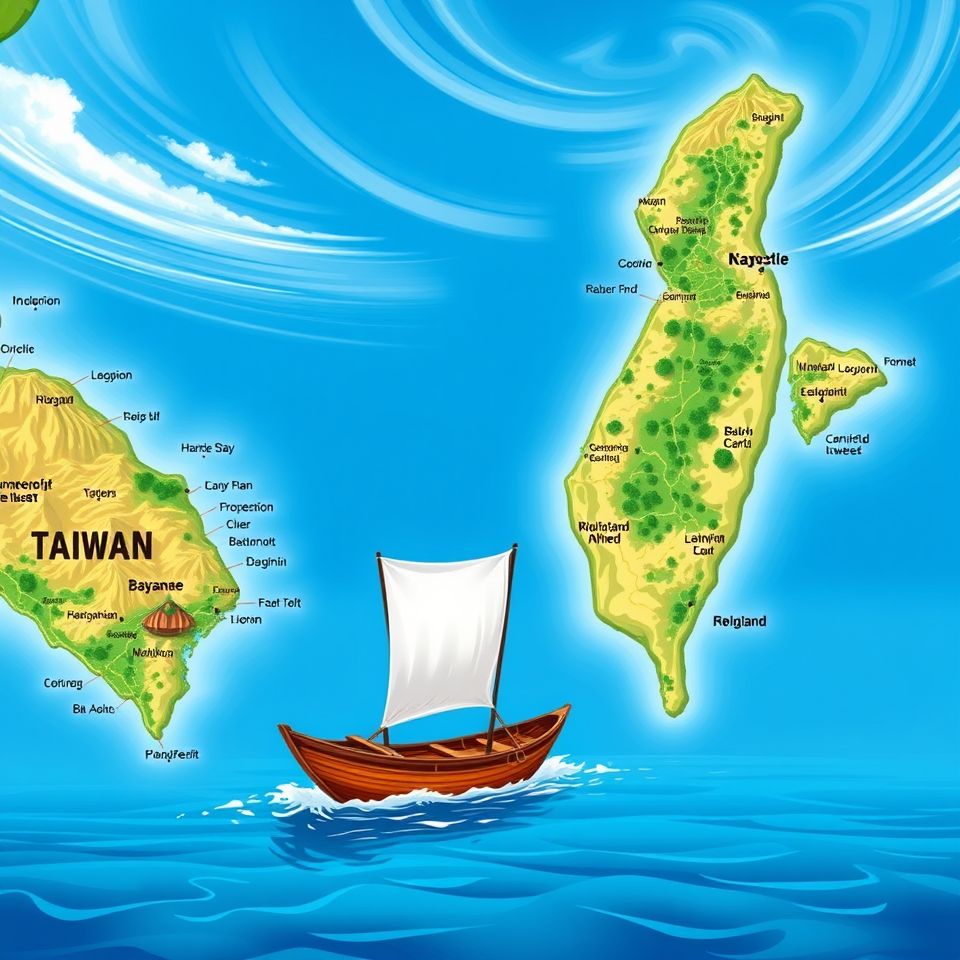In an era where global connectivity hinges on air travel, Taiwan’s participation in international aviation security and management organizations is not just beneficial; it is essential for the safety and efficiency of the global aviation industry. Despite ongoing geopolitical challenges, Taiwan has demonstrated its capability and commitment to aviation safety, making a compelling case for its inclusion in organizations such as the International Civil Aviation Organization (ICAO) and the International Air Transport Association (IATA).
A Growing Aviation Hub
Taiwan, strategically located in East Asia, serves as a critical transit point for international flights. With its modern airports and increasing passenger traffic, the island has positioned itself as a burgeoning aviation hub. However, to fully realize its potential, Taiwan must engage with global aviation entities that dictate safety standards, regulations, and best practices.
Enhancing Safety Standards
Membership in organizations like ICAO would enable Taiwan to contribute to the development of international aviation safety protocols. For instance, Taiwan has made significant advancements in cybersecurity measures for air traffic management systems. By sharing its expertise and collaborating with other member states, Taiwan could help fortify global aviation against emerging threats, such as cyberattacks that could jeopardize flight safety.
Boosting Economic Growth
Inclusion in global aviation organizations would not only enhance safety but also stimulate economic growth. According to industry experts, every direct job in aviation supports multiple jobs in related sectors such as tourism, logistics, and manufacturing. By participating actively in international forums, Taiwan could attract more airlines to operate in its territory, thus increasing air traffic and tourism revenue.
For example, the introduction of new routes by international airlines could lead to a significant rise in visitors, boosting local businesses and creating jobs. Furthermore, Taiwan’s ability to influence global aviation policy could encourage investment in its aviation infrastructure, facilitating the development of state-of-the-art facilities that meet international standards.
Strengthening International Collaboration
Taiwan’s participation in aviation organizations also fosters international collaboration. With the rise of transnational threats, such as terrorism and pandemics, a unified approach to aviation security is paramount. Taiwan’s inclusion would ensure that it can participate in joint training exercises, share intelligence, and contribute to collective security measures. This collaboration is vital, as it enhances the overall security and resilience of the global aviation ecosystem.
Addressing Environmental Concerns
In addition to safety and economic impacts, Taiwan’s engagement in aviation organizations would allow it to weigh in on critical environmental issues facing the industry. As the aviation sector seeks to reduce its carbon footprint, Taiwan can leverage its advancements in sustainable aviation technology. By collaborating with other nations, Taiwan can help develop innovative solutions that promote greener aviation practices, ultimately contributing to global sustainability goals.
As the world becomes increasingly interconnected, the importance of robust and inclusive aviation security measures cannot be overstated. Taiwan’s active participation in global aviation security and management organizations would not only enhance its own safety protocols but also contribute to the overall stability and reliability of the international aviation system. As stakeholders in the aviation industry advocate for Taiwan’s inclusion, it is clear that the benefits of such participation extend beyond the island itself, fostering a safer, more efficient, and more connected world.















